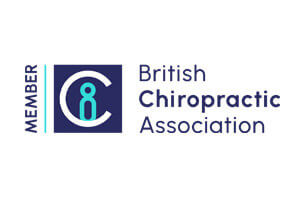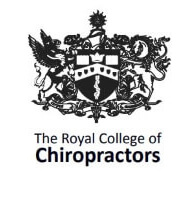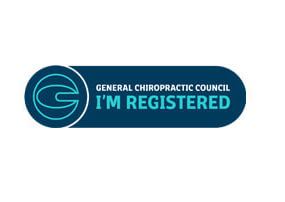Common Desk-Related Neck Pain
 If your neck feels tight by mid-afternoon—or you’re turning your whole body to check over your shoulder—you’re in good company. Mechanical neck pain is common with desk-based work, fixed postures, and repetitive tasks. A few practical tweaks may help.
If your neck feels tight by mid-afternoon—or you’re turning your whole body to check over your shoulder—you’re in good company. Mechanical neck pain is common with desk-based work, fixed postures, and repetitive tasks. A few practical tweaks may help.
Posture Variety Beats Posture Perfection
Changing position regularly can reduce irritation from staying still too long. Try a gentle reset every 30-45 minutes: stand up, roll your shoulders, look left/right, up/down, and take a brief walk if possible.
Here’s how to set up your workspace:
- Screen at eye level
- Keyboard and mouse close enough to avoid reaching
- Chair height so forearms are level with the desk and feet are supported
- Use a headset for calls—cradling a phone between ear and shoulder builds tension quickly
Easy Movements for a Stiff Neck
- Shoulder rolls and gentle shoulder-blade squeezes to support the upper back
- Comfortable neck turns and side-bends within a pain-free range
Build Tolerance Gradually
Light, regular exercise often helps people manage symptoms. Start small (a short walk or light band work for the upper back) and increase gradually.
Stress and Recovery Matter
Tension can heighten discomfort. Breathing breaks, time outdoors, and healthy sleep habits can make a difference.
When to Get Advice
If neck pain is persistent, limits your activities, or you’re unsure what’s best, consider an assessment with a regulated healthcare professional (chiropractor, physiotherapist, or GP). Care may involve mobilisation, soft-tissue techniques, and exercise-based approaches, alongside ergonomic advice.
Red Flags — Seek Urgent Medical Help
- Severe or worsening weakness, numbness, or tingling in an arm or hand
- Sudden, severe headache, confusion, difficulty speaking or swallowing, or balance issues
- Fever, unexplained weight loss, or recent significant trauma
- Pain that is severe and persists at rest or at night
Our chiropractors are regulated by the General Chiropractic Council (GCC) and are members of the British Chiropractic Association and Royal College of Chiropractors.
Looking for More Tips?
Ask us at your next visit!
This article is general information for adults in the UK and is not a substitute for personalised medical advice. If you have concerns, please seek advice from a qualified healthcare professional.



